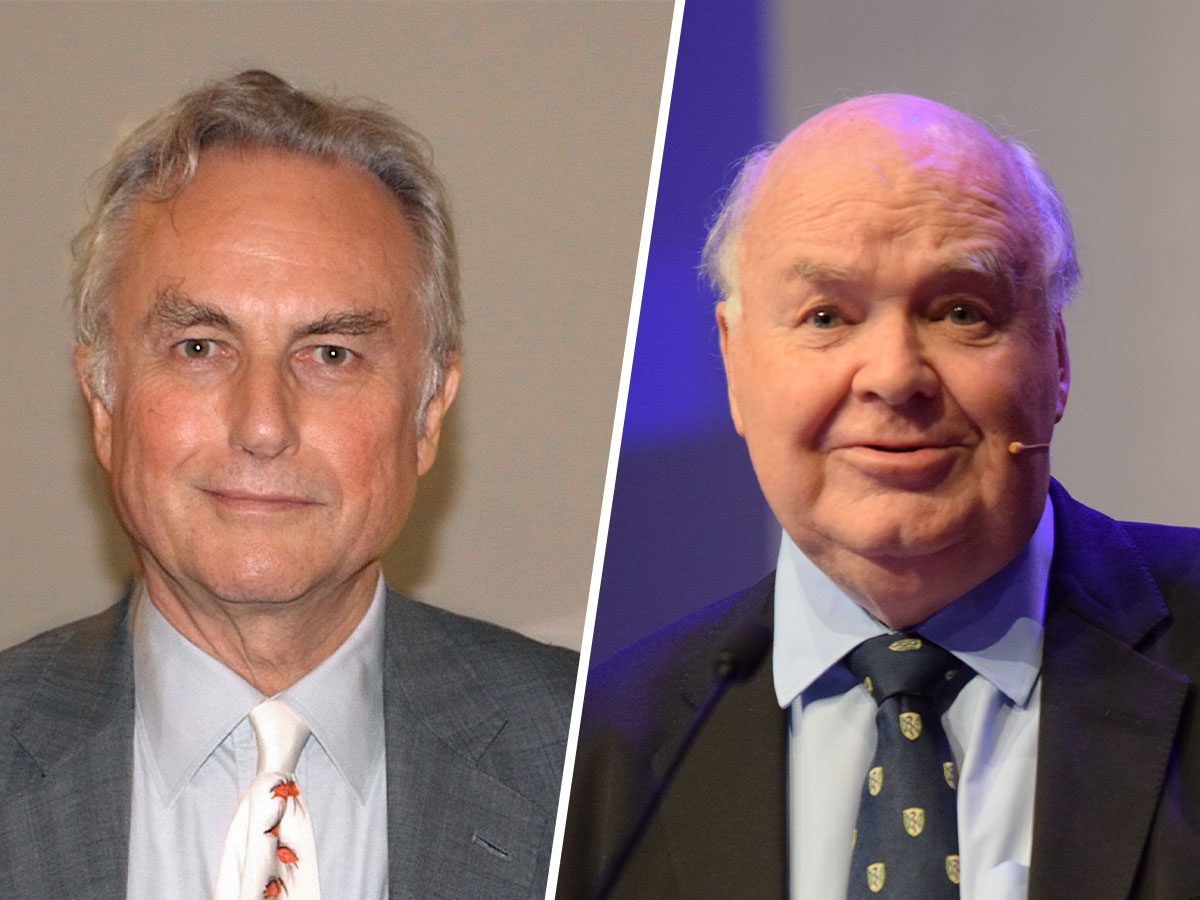
John Lennox- mathematician, apologist, and President of the Oxford Centre for Christian Apologetics (OCCA)- recently sent out an email that called out prominent atheist Richard Dawkins’s views on suffering. He referenced Dawkins’s book, River Out of Eden: A Darwinian View of Life. In his book, Dawkins looks at suffering as random chance, with no rhyme or reason upon whom it befalls. “In a universe of blind physical forces and genetic replication, some people are going to get hurt, other people are going to get lucky, and you won’t find any rhyme or reason in it, nor any justice,” he wrote. “The universe that we observe has precisely the properties we should expect if there is, at bottom, no design, no purpose, no evil, no good, nothing but pitiless indifference. DNA neither knows nor cares. DNA just is. And we dance to its music.”
Lennox, however, challenged this thought, calling himself a moral being who looked for justice in the face of suffering. “Atheism might seem to offer a solution by removing God from the equation, but in doing so, it removes all hope. Without God, there is no ultimate justice, no life beyond death. Atheism is a hopeless faith,” he wrote. He admitted the doubts suffering can bring to faith, such as when he visits the Auschwitz concentration camp and comes away weeping. He also acknowledged pain within his own family, such as when his 22-year-old niece died of a brain tumor shortly after marrying a youth pastor.
Yet he pointed to the cross of Christ and the suffering He endured on the cross. “It may be difficult to accept, but the Christian claim is that the person on the cross was God incarnate,” he wrote. In humbling himself to being put upon the cross, he said that Christ had joined in humanity’s suffering. “Instead, he has entered into it, becoming a part of it through Jesus Christ, but that’s not the final step. Beyond the suffering of the cross, there is hope. The resurrection of Jesus means that death is not the end. That changes everything.” His niece, despite her suffering, “held onto her faith in Christ.” “[Christ] doesn’t guarantee a release from the physical process of death, but what He does guarantee is a salvation that transcends pandemics, transcends brain tumors, transcends death. Now atheism can’t offer anything like that,” concluded Lennox.
Lennox and Dawkins have faced off in the past, with their first debate in 2007 pitting the two, who were both Oxford professors at the time, against one another as they discussed Dawkins’s newly published book, The God Delusion. Many, including many of Dawkins’s own fans, believed Lennox won the debate at the time. Dawkins also recently rejected the idea of facing off against William Lane Craig, another well-known apologist. Dawkins has somewhat softened against Christianity in recent years, referring to himself as a “cultural Christian,” in light of the growing Islamism of the UK. He has also fallen out of favor for pushing back against transgender ideology.


